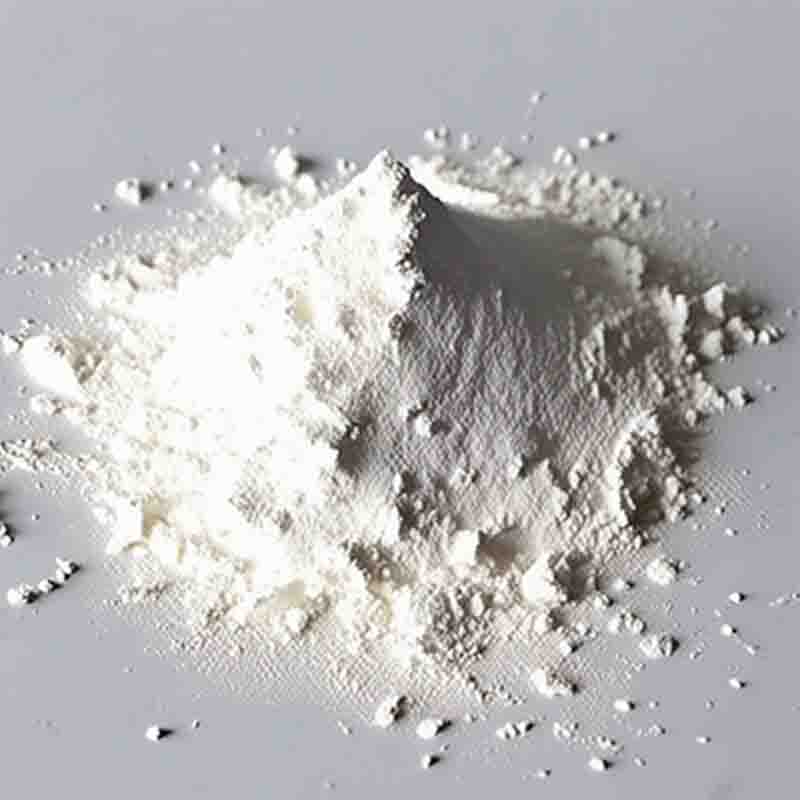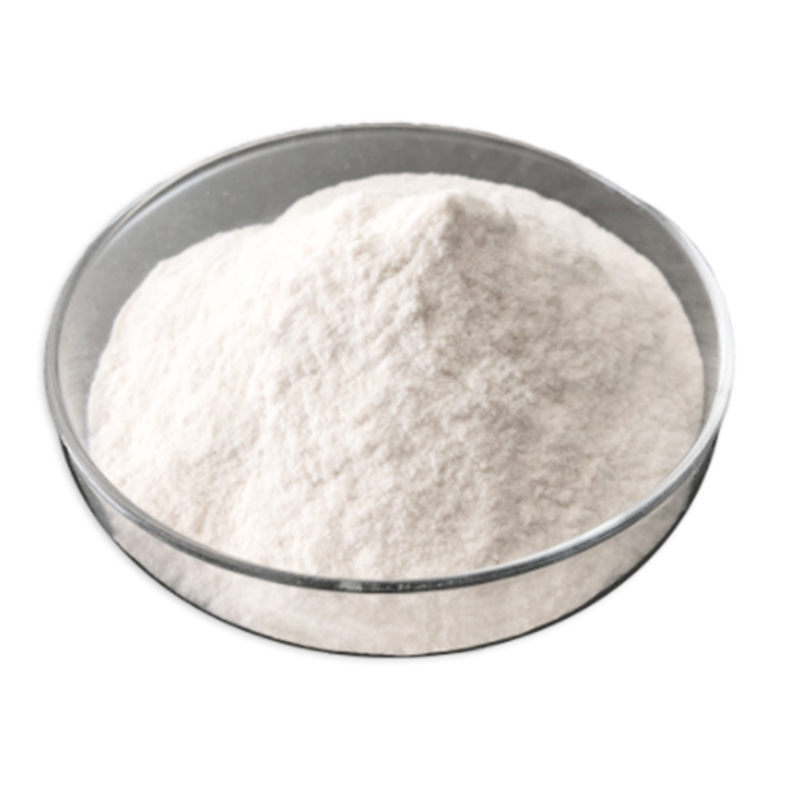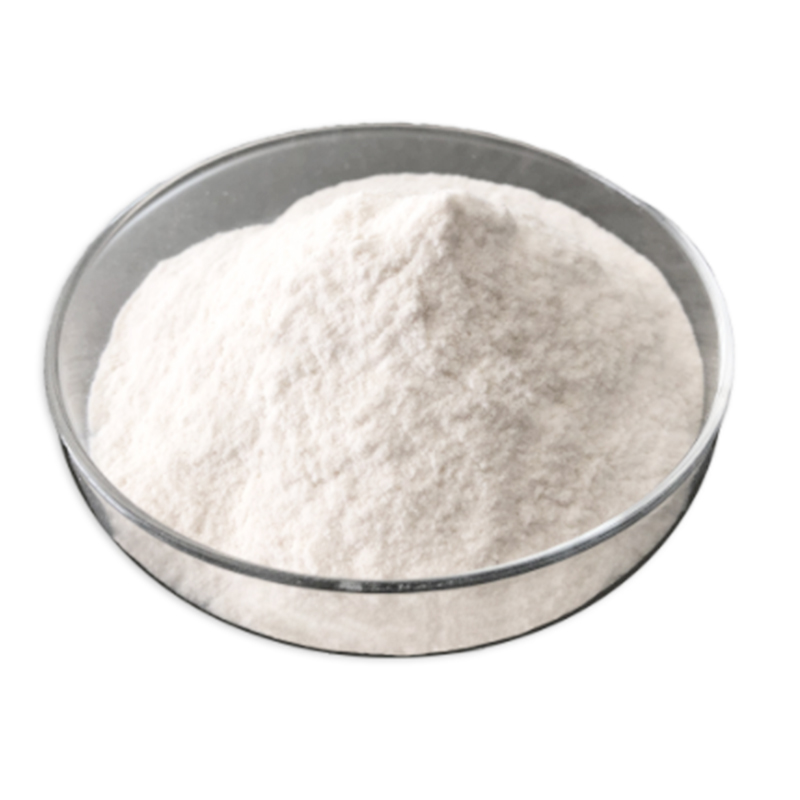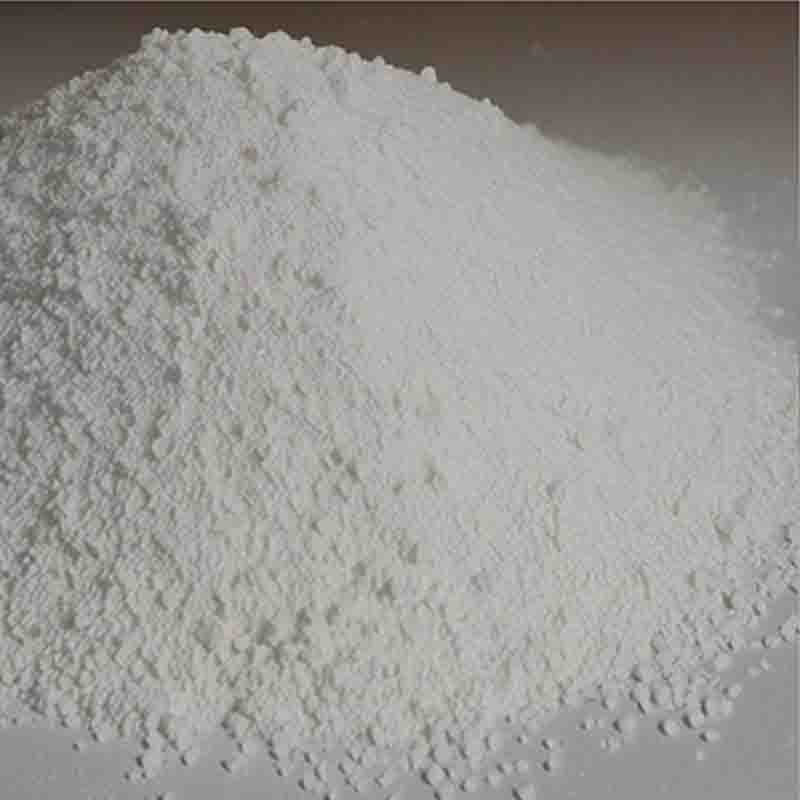Triclocarban CAS: 101-20-2
| Catalog Number | XD94600 |
| Product Name | Triclocarban |
| CAS | 101-20-2 |
| Molecular Formula | C13H9Cl3N2O |
| Molecular Weight | 315.58 |
| Storage Details | Ambient |
Product Specification
| Appearance | White powder |
| Assay | 99% min |
Triclocarban is a chemical compound that has various applications. Here are some of its main uses:
1. Antimicrobial agent: Triclocarban is primarily used as an antimicrobial agent in personal care products such as soaps, body washes, and hand sanitizers. It helps to kill or inhibit the growth of bacteria, fungi, and other microorganisms, providing hygiene and protection against infections.
2. Surface disinfection: Triclocarban is also used as a disinfectant for various surfaces, including countertops, cutting boards, and medical equipment. It effectively kills bacteria and other harmful pathogens, making it useful in healthcare settings, laboratories, and households.
3. Textile treatment: Triclocarban is used in the textile industry as a treatment for fabrics to provide antimicrobial properties. It helps to prevent the growth of odor-causing bacteria and fungi, keeping textiles fresh and hygienic for longer periods.
4. Agricultural applications: Triclocarban is used in agricultural settings as a pesticide and fungicide. It helps to control the growth of pests and fungi on crops, improving their yield and quality. However, its use in agriculture is regulated due to concerns about environmental impact and potential resistance development.
5. Research tool: Triclocarban is used as a research tool in various scientific studies. It is often used to investigate the effects of antimicrobial agents on microbial communities, antibiotic resistance, and environmental impact. Its widespread use in personal care products also allows for the assessment of human exposure and potential health risks.
6. Water treatment: Triclocarban has been used in water treatment processes to control the growth of bacteria and algae. However, its use in water treatment has been limited due to concerns about its persistence in the environment and potential ecological impacts.
In summary, Triclocarban finds applications as an antimicrobial agent in personal care products, surface disinfection, textile treatment, agricultural applications, research tool, and water treatment. Its role as an antimicrobial agent, textile treatment, pesticide, fungicide, research tool, and water treatment agent makes it valuable in various industries. However, its use is regulated and monitored due to concerns about potential environmental and health impacts.









